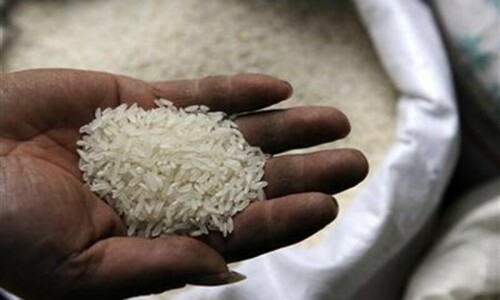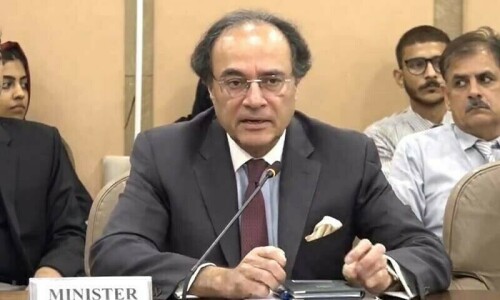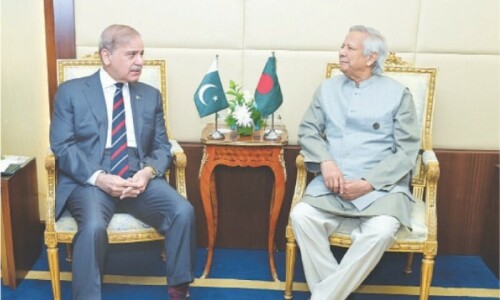WASHINGTON, Feb 4: The IMF warned rapidly growing India Monday against using capital controls to curb swelling financial investment inflows.
The Securities and Exchange Board of India tightened offshore investment norms last year to help stem a tide of foreign money that has driven the rupee to near decade highs against the dollar.
Large capital inflows are exacerbating tensions in the monetary policy framework among exchange rate management, monetary independence, and financial openness, the IMF said in an annual review of Asia's fourth-largest economy.
Resolving these tensions will require an evolution of monetary policy, further exchange rate flexibility, and deeper and broader capital markets,said the Washington-based International Monetary Fund warned.
Capital controls, it warned, could “dampen investment, raise doubts about the government's commitment to fuller capital account convertibility, and pose questions about the exit strategy from new controls. Capital inflows reached a record $45 billion in the fiscal year ending March 2007 and continue accelerating, putting upward pressure on the Indian rupee currency.
The rupee gained 12.3 per cent against the dollar last year, as funds abroad snapped up local shares and bonds amid buoyant economic growth.
The rapid currency appreciation raised concerns about competitiveness and prompted the authorities to intervene in the foreign exchange market.
The IMF suggested strengthened monetary operations and communications along with greater exchange rate flexibility as “a better way” to increase monetary policy effectiveness and deal with uncertainty in global financial markets.
The Fund also called for “broader and deeper” financial markets to channel capital to its most productive use, accommodate higher exchange rate volatility, and support financial stability.
In a bid to limit any inflationary impact of the capital inflows, the IMF proposed tightening the country's fiscal policy.
India's economy expanded by a higher than expected 9.6 per cent in the last fiscal year, the fastest pace since 1989 and second only to China, according to Indian data released last week.
India's dream run of strong growth and macroeconomic stability is a tribute to its sound macroeconomic policies and past structural reforms, the IMF said. — AFP













































Dear visitor, the comments section is undergoing an overhaul and will return soon.